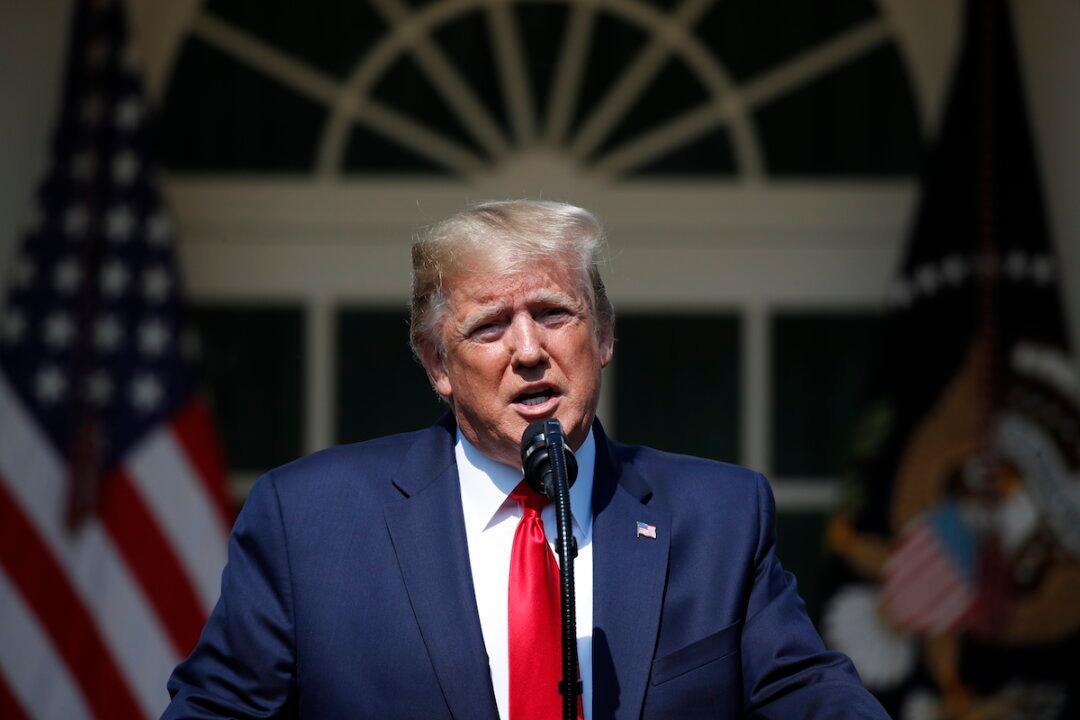President Donald Trump sued California on Aug. 6 after California Gov. Gavin Newsom recently signed a bill into law requiring presidential candidates to release five years of tax returns.
The state would post the tax returns publicly.


President Donald Trump sued California on Aug. 6 after California Gov. Gavin Newsom recently signed a bill into law requiring presidential candidates to release five years of tax returns.
The state would post the tax returns publicly.